As B Corp month comes to a close, we wanted to share a few of the ways we've made Little Yellow Bird better for people, planet, and communities, as well as our goals for a sustainable future.
People: Flexible work environment
Little Yellow Bird is a company where our people make all the difference, and we’re a diverse workplace with life scenarios that vary greatly from team member to team member! We support and encourage working arrangements that assist in striking a balance between employee’s paid work and other life commitments and responsibilities. Little Yellow Bird is not a place where clocks are watched and time sheets are filled in. Here, it’s common practice that if an employee has an appointment or an important commitment, or wants to incorporate study into their week, we will endeavour to enable them to do this by being flexible with work days and hours.
Lately with the pandemic in mind, we opted for some of our team to temporarily work from home. Ensuring the health and safety of our team is paramount, and flexibility is necessary to ensure our roles are sustainable long term. We also want to nurture our unique culture and make Little Yellow Bird a great place to work. We’ve seen increased productivity, innovation, creativity and overall happiness as a result of flexible working.
Planet: Reduce, reuse, recycle
Here at Little Yellow Bird we strive to cut back on waste to landfill as much as possible, and reduce our environmental impact however we can.
We know that cotton is a valuable resource, especially organic cotton and it takes a lot of work to grow and bring it to consumers as finished textile products. That’s why we’re working with other leading brands to join forces and reduce waste. In mid-2021, we launched our closed-loop cotton recycling project, Circular Cotton, both for corporate partners and for individual customers. Our business partners send us their end of life uniforms and production off-cuts. Private customers can now send us their end-of-life clothing via a Take Back Bag, to be given a new life as recycled fiber. We have already diverted more than 8,000kg of textile waste from landfill, and we’re just getting started.

We're passionate about making sure every step of our production is sustainable, and that includes the things you may not be able to see, like energy. Recently, two of our factories in India have become solar powered. Running our factories on renewable energy means we will significantly reduce our greenhouse gas emissions. By using solar power, we're tapping into a power source that never fails, diversifying our energy supply and reducing dependence on non-renewable fuels. This is a huge step in the right direction, but we know that there's more to do to create a sustainable future.
When our organic essentials arrive on your doorstep, they are consciously wrapped in sustainable packaging. The front of our courier labels are completely compostable while the back is recyclable. Our product tags are also fully biodegradable, made using the cotton offcuts created in the production process. Our packaging is proudly 100% plastic free.
Communities: Fundraising support
Alongside changes to how we’re working during this pandemic, we have also kept in mind the changing needs of our customers in terms of how they structure their fundraising or merchandise plans in an uncertain economy. One of our responses has been to develop an Apparel Partnerships programme, where brands, community groups and creative entrepreneurs can work with our team to formulate risk-free presale campaigns using our organic essentials.
The response to this offering has been extraordinary, attracting all manner of groups from those looking to care for declining manta ray populations, to self-employed artists looking to recreate their global mural work in tshirt form. By removing the constraints of paying outright for a pre-set stock quantity, let alone all the administrative tasks associated with selling goods, collecting payments and delivering to individual customers, we’re assisting values-aligned communities to streamline their fundraising efforts and get back to whatever it is they do best!

3 goals we’re striving for
People: Wellbeing
One of our goals for this year is to develop our existing wellbeing policies to ensure we promote and improve the health (and subsequently, productivity) of our team. Expecting the unexpected is part of life; we’re constantly facing new challenges and uncertainties, not in a small part stemming from COVID which has become part of our everyday reality. Our mental and physical wellbeing should always be our priority and this is particularly true during periods of prolonged stress.
Earlier this year we invited external experts in wellbeing to speak with us about navigating the ups and downs of the pandemic, as well as to teach us some tools to deal with stress in our personal and work lives.
Creating a wellbeing plan involves working with the entire team to identify what they want and need to get out of it. Everyone's experiences of mental health differ, but all can benefit from the support of good policy. Creating spaces to have these conversations is so important and we love having practical tools to help us guide these conversations.
This is just one step towards developing what wellbeing in the workplace looks and feels like. We are continuously working together to create a safe and welcoming space for our team to share and talk about mental health and our wellbeing goals, and we will continue to prioritise this.
Planet: Fully circular textiles
This year, we are pushing the boat even further with our recycling initiative. We are committed to exploring and trialing various recycling methods for the most common types of textiles, not just cotton. We have recently started accepting socks (because why not start with socks?!) as part of our Take Back programme, and we are growing and expanding our capabilities from there.
Communities: Stepping up education
This year, we are stepping up our efforts to educate our communities on being sustainable in their wardrobe choices. We are developing a programme to run in schools to teach textile recycling to our younger generation and change attitudes towards ethical, sustainable, organic wardrobes. We feel that our younger community members are already very aware of the impact of fast fashion, and we want to be able to help them understand ways of achieving a circular model for apparel and how they can play a role in that.

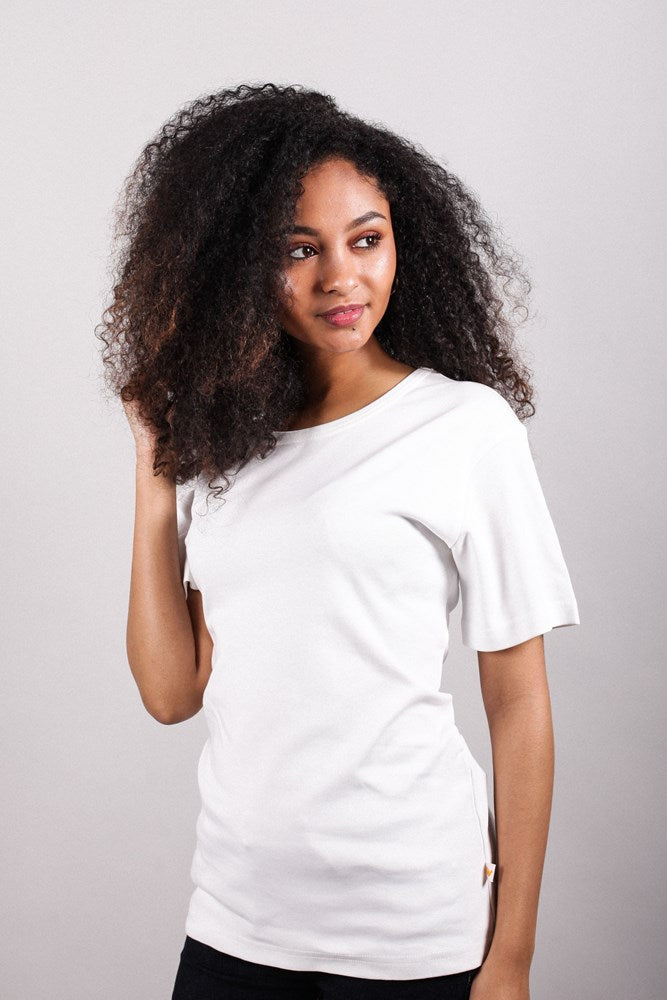
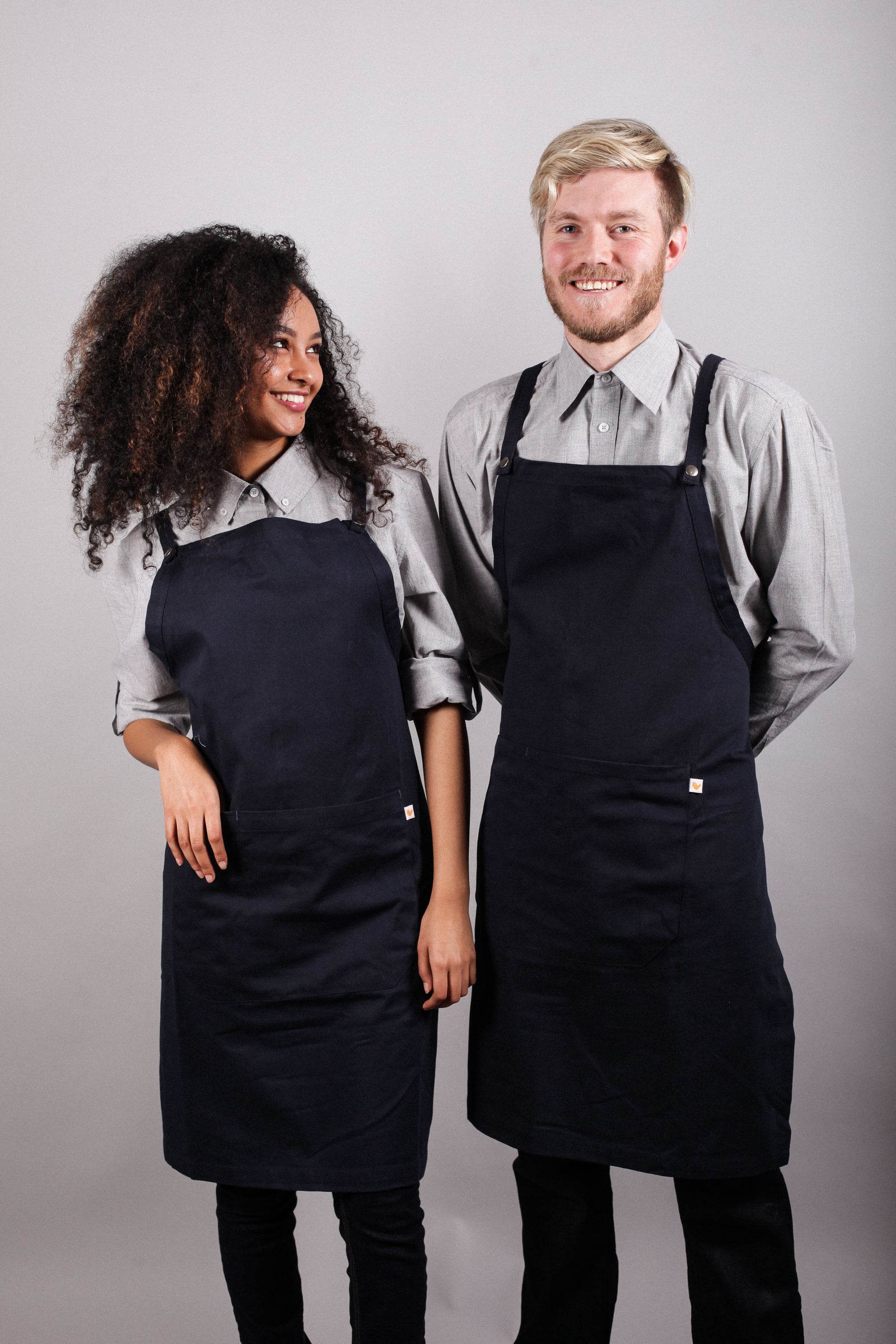
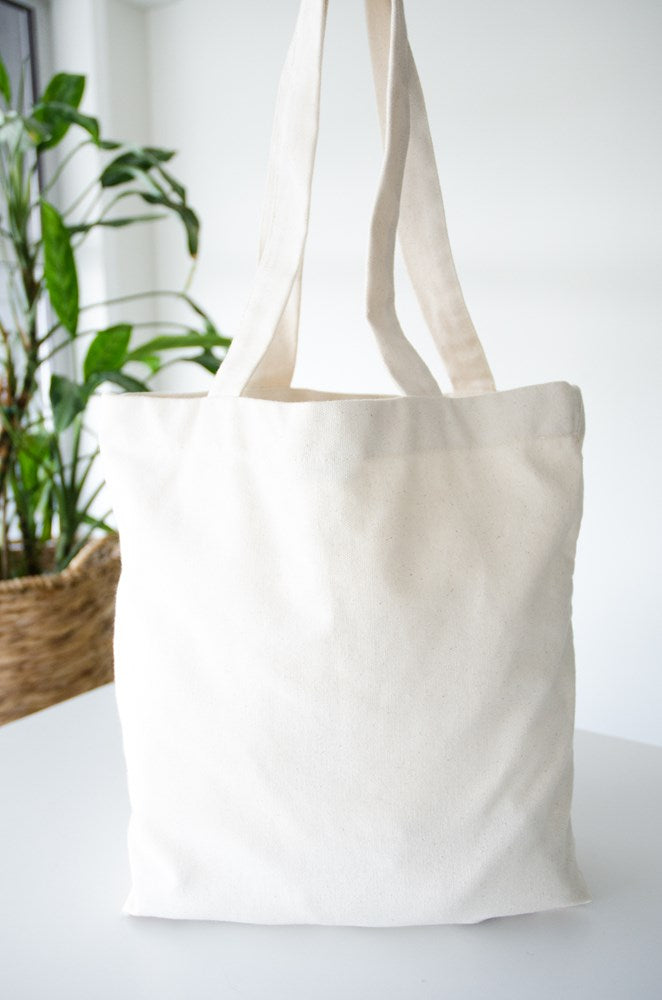
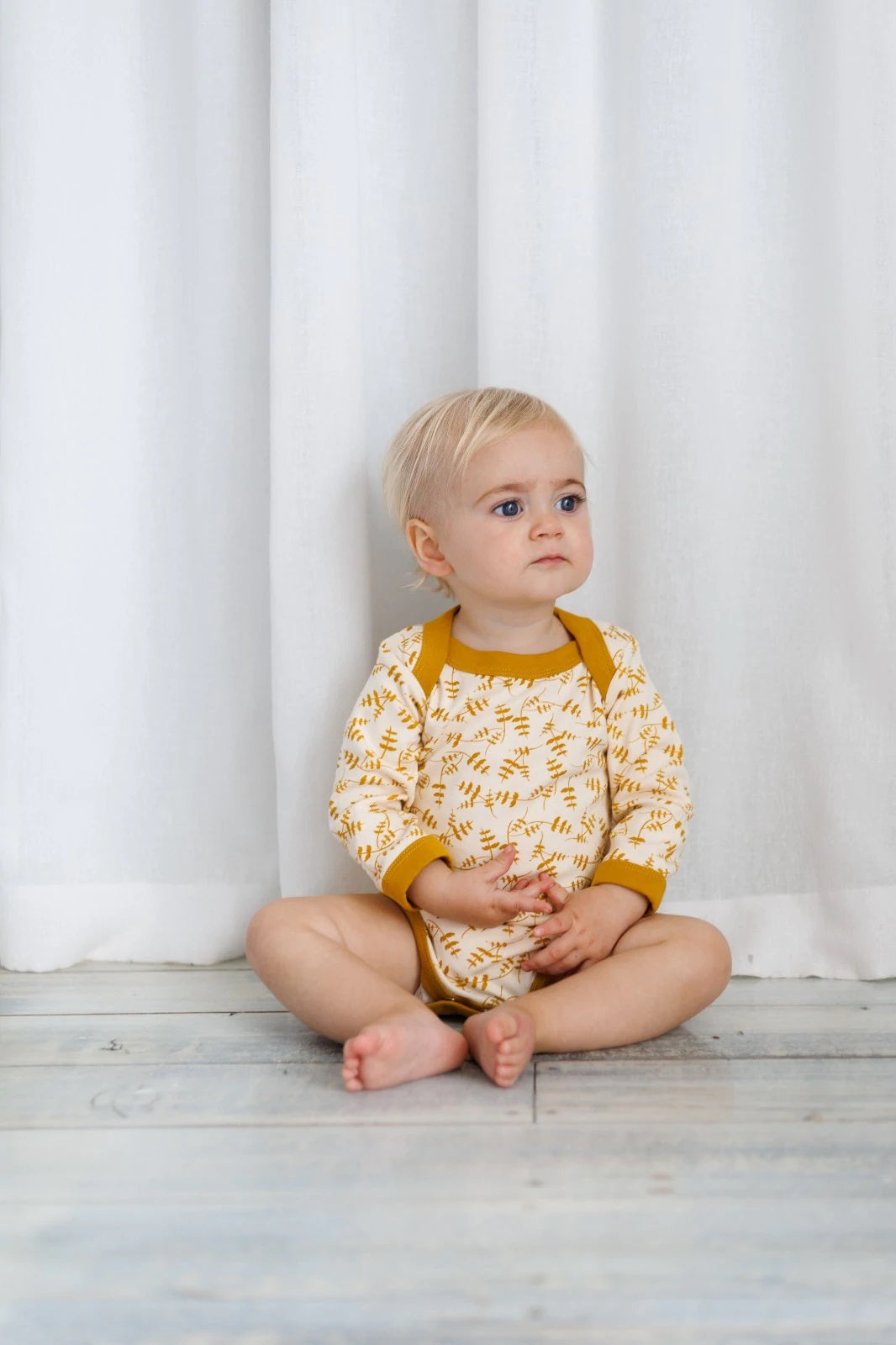
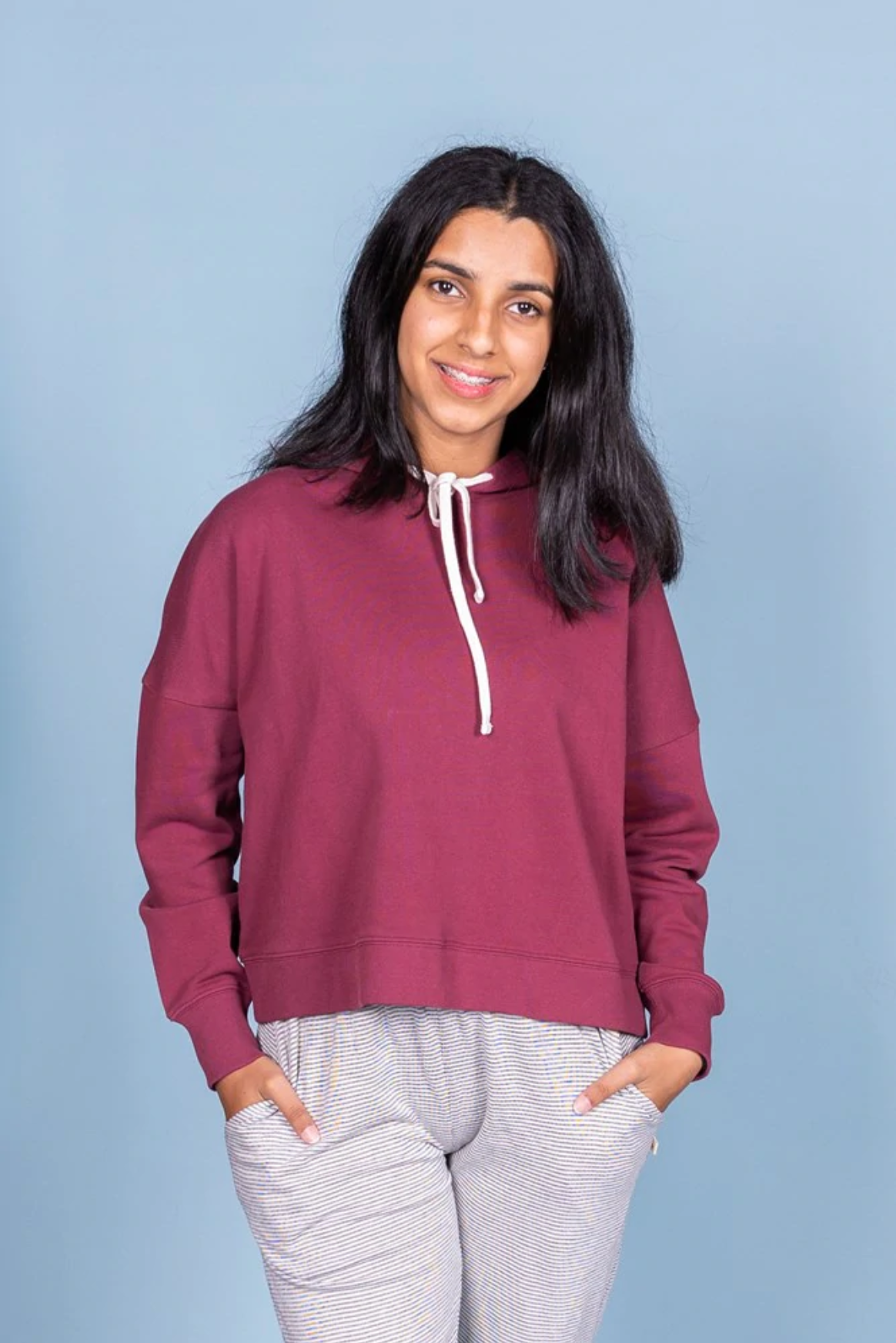
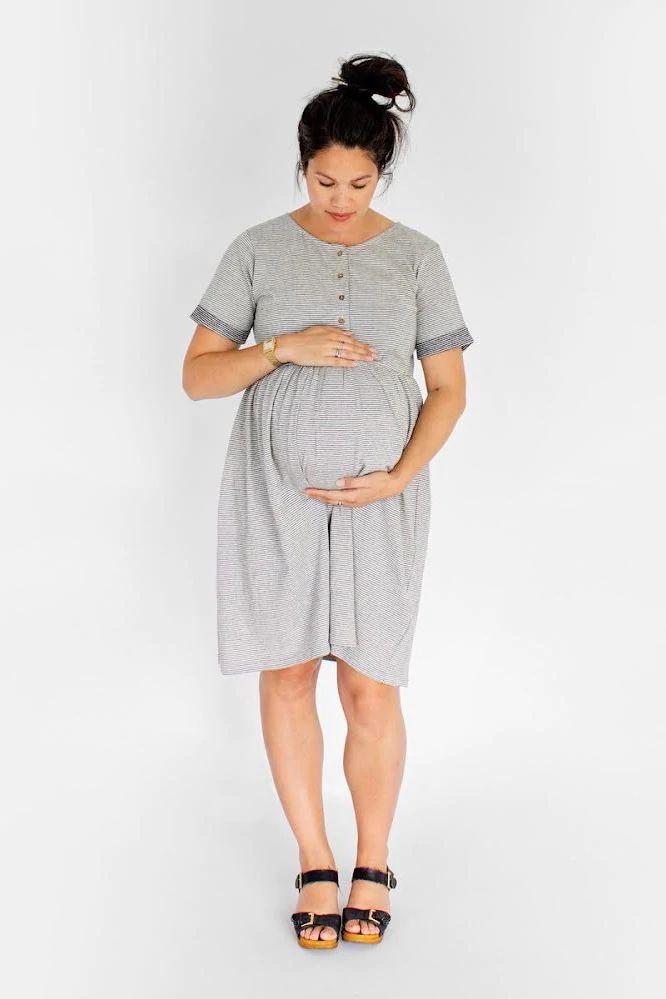
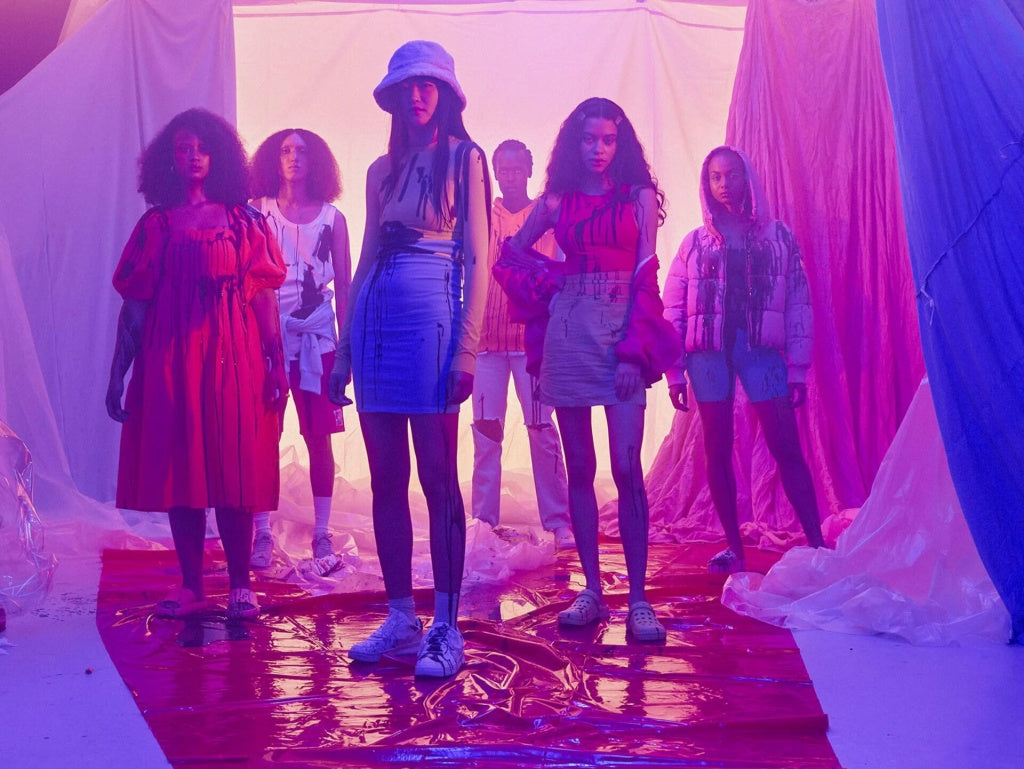
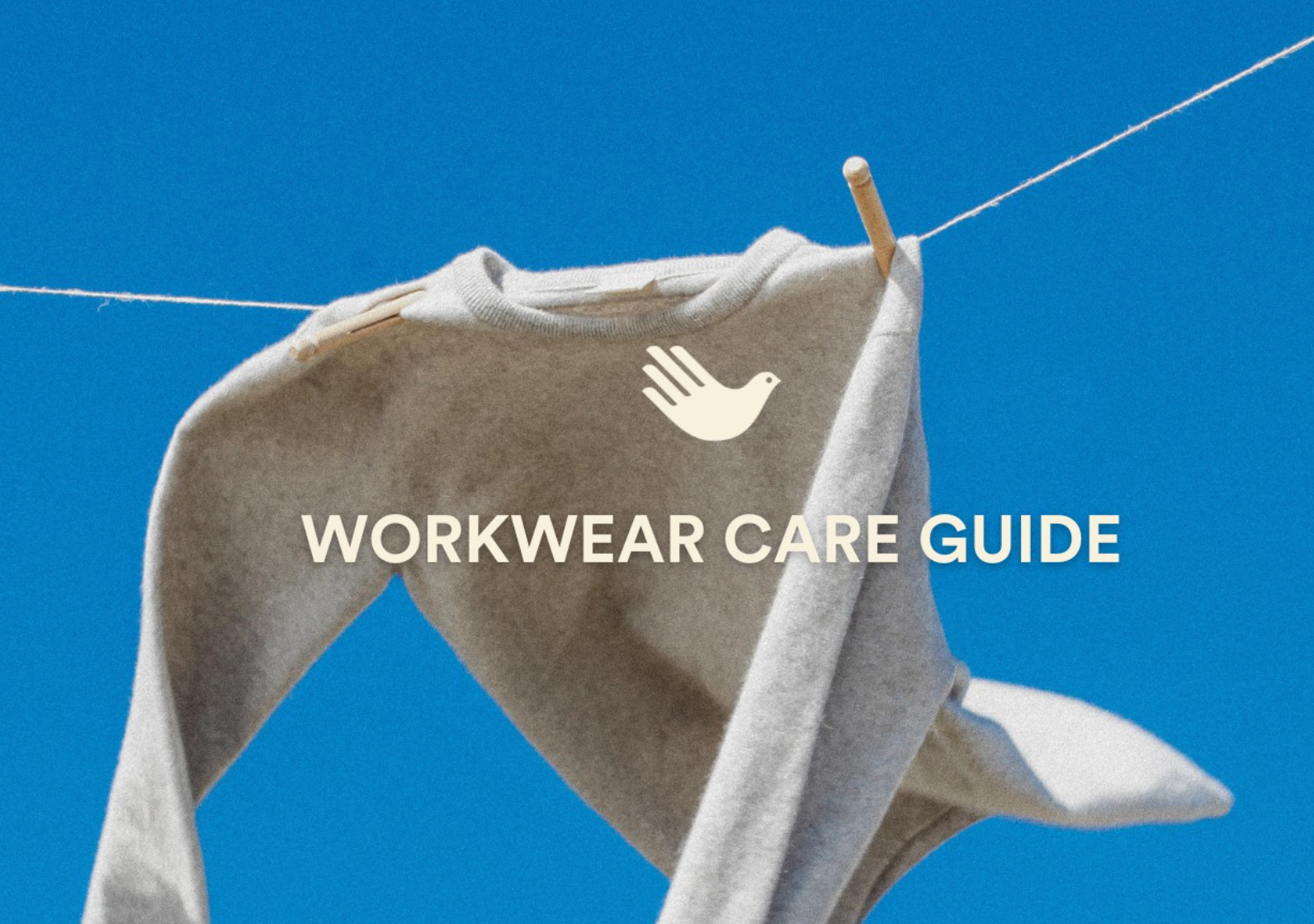
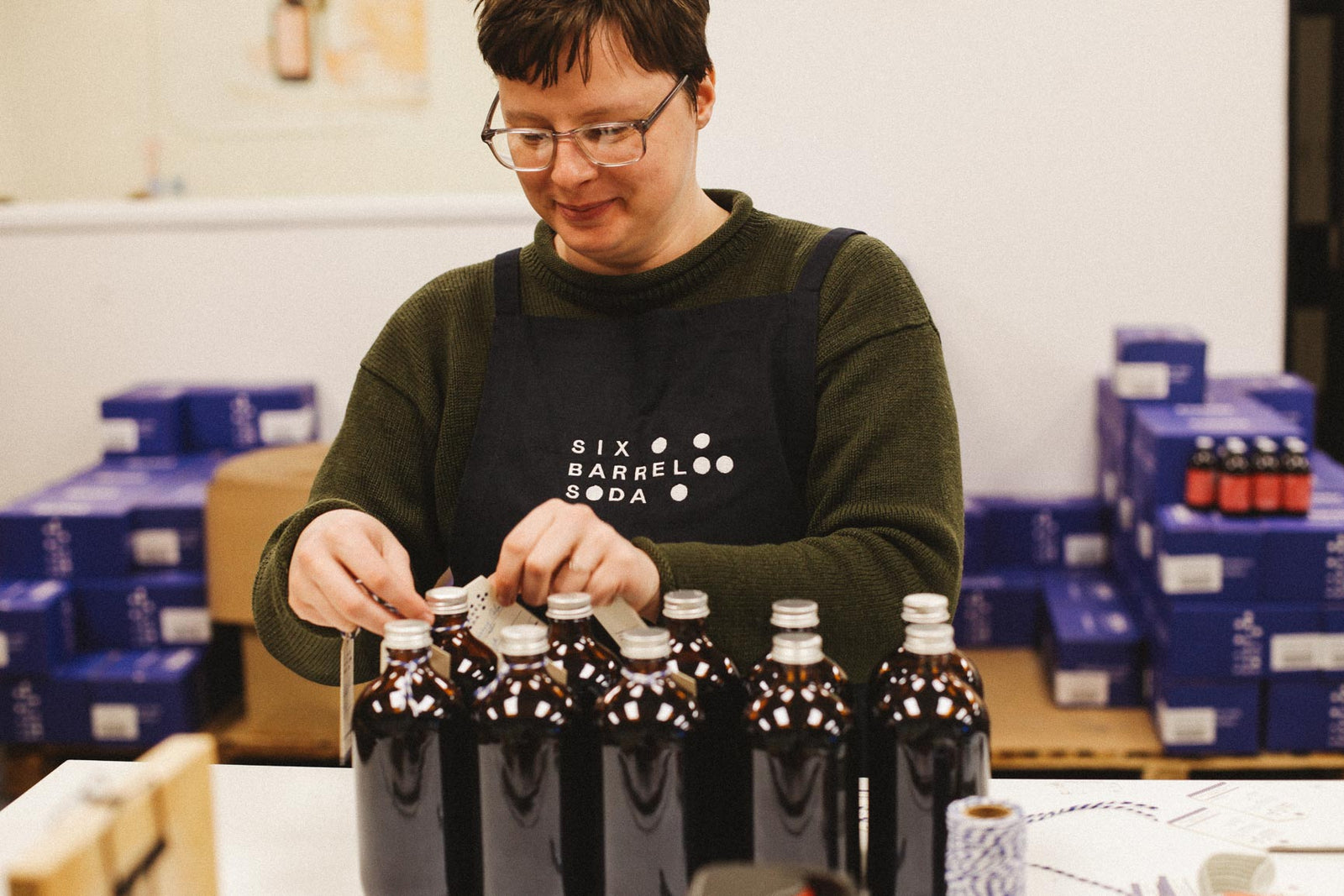
Leave a comment (all fields required)